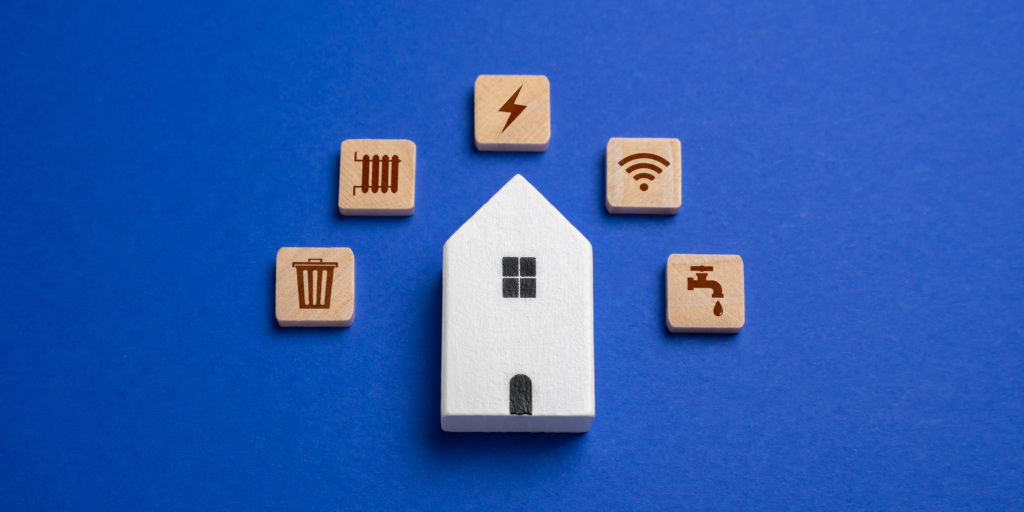More Than a Lock and Key: How to Protect Your Home from Utility Scams
Minute Read

Your home is your safe space—and we want to help protect it. Lately, a fast-spreading scam has been hitting close to home: the utility scam. Scammers pose as your electric, gas or water provider and pressure you with a threat—pay immediately, or your service gets cut off.
It’s designed to make you panic—and it works, especially during hot summer days or cold winter nights when the idea of losing service feels extra serious.
But here’s the thing: it’s all a lie. And once you know what to look for, you’ll be ready to shut these scams down before they cause any damage.
Scammers may:
-
Spoof the phone number so it looks like it’s coming from your utility company—or even from your local Utility Commission.
-
Demand payment through gift cards, wire transfers or peer-to-peer payment apps like Venmo or Zelle.
-
Tell you not to hang up or contact anyone else to confirm.
Local Scam Activity
Earlier this year, the Pennsylvania Public Utility Commission (PUC) issued a warning about scam calls that appeared to come from their own phone number. That’s how convincing these scams can be.
In those cases, scammers told Pennsylvanians that their service was at risk and pressured them to pay right away. Some were even told they needed to “verify” their identity by sharing personal information. (You can read the full alert here.)
Watch For These Red Flags
Here’s how to tell if a “utility” call or message isn’t the real deal:
-
You’re threatened with immediate shutoff but were given no prior written notice.
-
They ask you to pay with a gift card, prepaid debit card, wire transfer or a payment app.
-
You’re told not to hang up or contact anyone else.
-
The message or caller feels overly urgent, aggressive or pushy.
Real utility companies don’t operate this way, and they won’t ever demand instant payment over the phone.
How to Protect Yourself
Here’s what you can do to stay one step ahead of the scammers:
-
Know how your utility company communicates. Legitimate providers send you written notices before any service interruption. If you haven’t received anything in the mail or through your account portal, something’s off.
-
Don’t pay on the spot. If someone demands payment right away—or asks for a strange form of payment—it’s a scam. Hang up and call your utility provider directly.
-
Don’t trust caller ID. Scammers can fake phone numbers, so it looks like it’s coming from a trusted source.
-
Call the company yourself. Always use the number on your bill or the company’s official website, not the one provided by the caller.
-
Talk to someone you trust. If something feels off, press pause and ask a family member or neighbor.
A Quick Note About Older Adults
Scammers often target older members of our community, knowing they may be more likely to answer the phone or feel pressured to act quickly.
If you have older parents, grandparents or neighbors, take a few minutes to talk to them about this. Let them know they can always call you—or us—before they do anything.
What To Do If You Think It’s a Scam
If you’ve received a suspicious call, text or email:
-
Don’t provide any personal information or make a payment.
-
Hang up right away.
-
Call your utility company using the official number from your bill or their website.
-
Report the scam at ReportFraud.ftc.gov.
-
Let Members 1st know. If you think your personal or financial information may be at risk, we’re here to walk you through the next steps.
We’re Always Just a Call or Click Away
Download our Cybersecurity Awareness Checklist for a step-by-step guide to spotting and stopping fraud. We take your security seriously and we’re here when you need us. If something feels off, trust your gut and reach out.
Whether you're setting up account alerts, looking for safe ways to pay bills or just want to double-check something you saw or heard, we’re here to help. Because protecting your peace of mind is part of what we do best.
